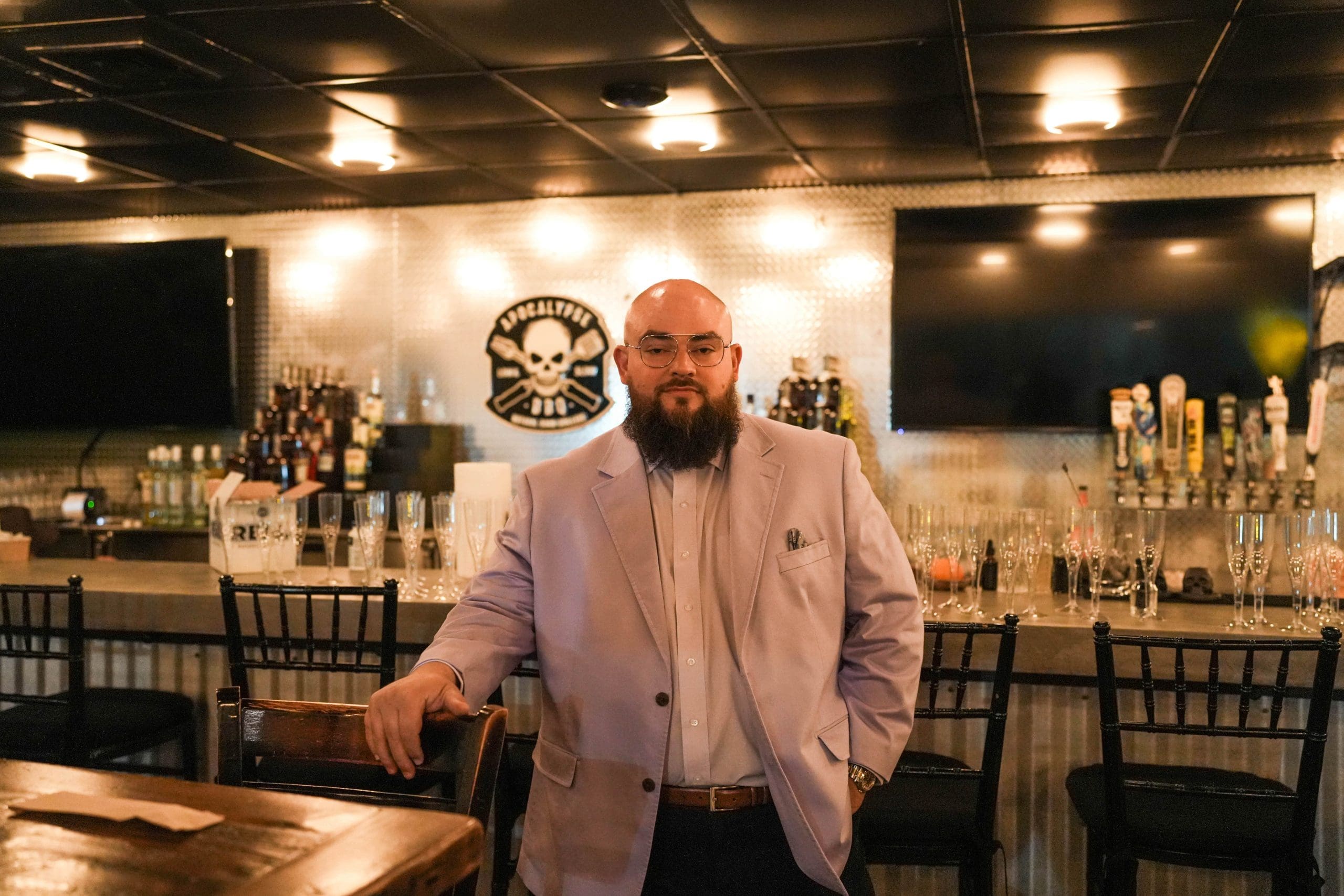Apocalypse BBQ is redefining what barbecue means in Miami. Founded during the pandemic by Jeffrey Budnechky, this Kendall hotspot blends South American roots with bold 305 flavor. In this exclusive Q&A, Jeff shares the poignant origin story of Apocalypse BBQ, his culinary influences, and how barbecue became more than food, it became a movement.
Apocalypse BBQ is quickly becoming a Miami cult favorite. What inspired the name and the concept?
We started during the pandemic–literally the apocalypse. The name came from that feeling of survival, of trying to keep going when everything around us felt dark and uncertain. I had just lost my business to the shutdowns, and like a lot of people, I was trying to figure out what came next. In a time when we were all being told to stay apart, food became the one thing that could bring people together. Apocalypse BBQ was born out of a love for barbecue, a moment of crisis, and a deep need to survive. It started as a way to feed people and heal myself–and somehow turned into this wild, beautiful movement.
You’re a Miami native with Argentine and Brazilian roots—how do those cultures influence the flavors on your menu?
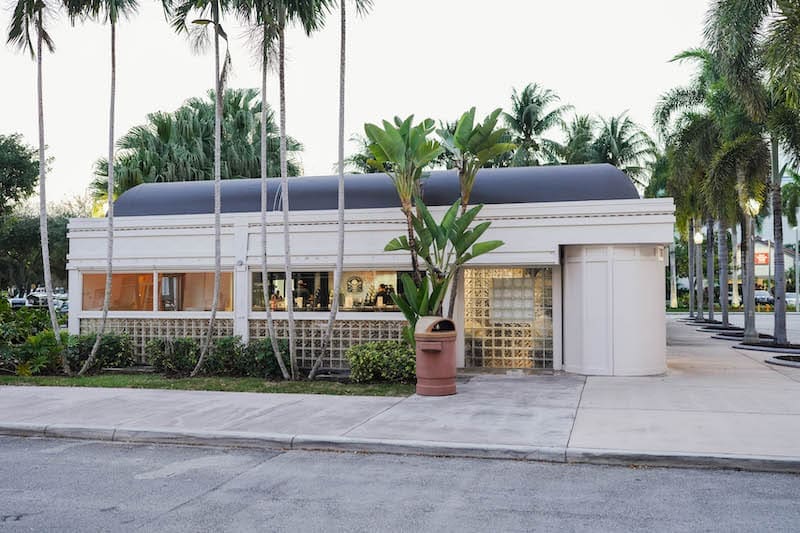
In every way possible. Cooking over open fire has been my family’s love language for as long as I can remember. Whether it was a weekend hangout or a major life celebration, the grill was always center stage: flames going, meat roasting, and everyone gathered around.
My dad, with his Argentine roots, taught me how to build and tend a fire from a young age. My mom, a Brazilian native, was a magician with flavor: salt, pepper, garlic, onions, lemon. That’s all she needed to turn any protein into something unforgettable.
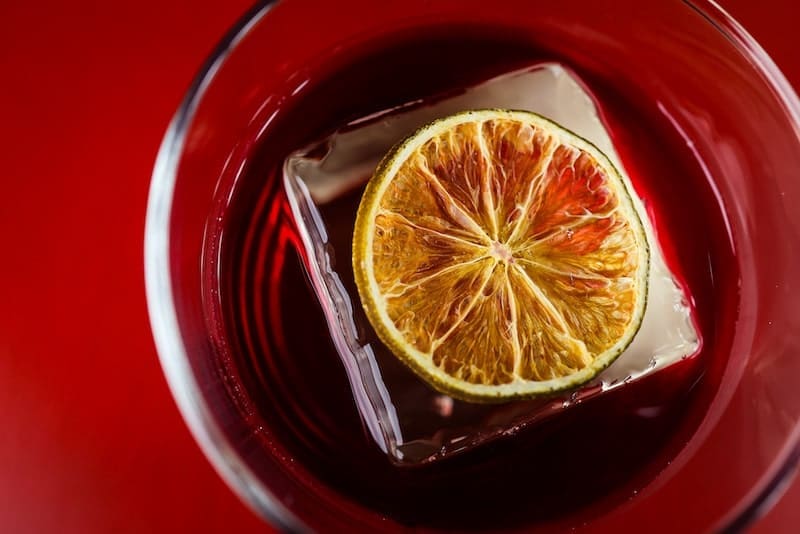
When I started cooking on my own, I didn’t realize how much I’d already learned just by growing up around it. So, when I found American BBQ, it wasn’t about copying–it was about blending. I started dreaming of how to fuse those deep-rooted South American flavors with low-and-slow barbecue. And that’s what you taste on our menu today.
Miami isn’t traditionally known for BBQ. How are you reimagining that identity here in Kendall?
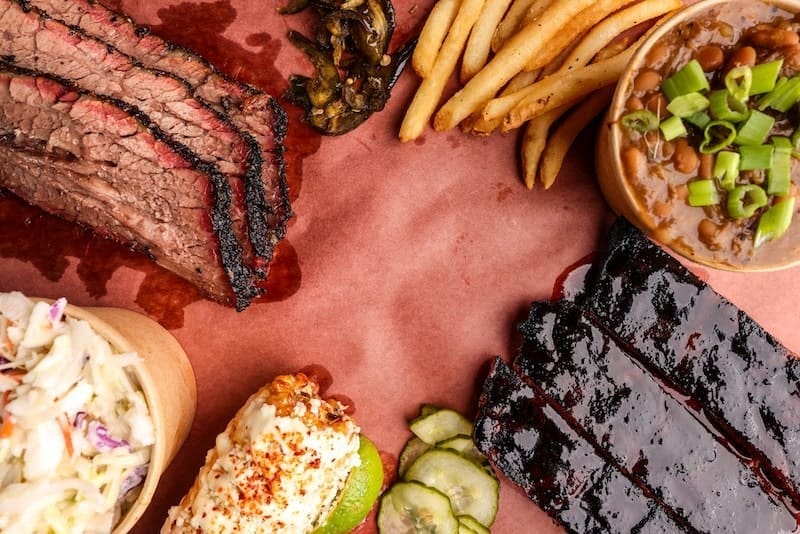
Miami may not be known for BBQ, but it’s absolutely known for flavor. This city is a melting pot of some of the most vibrant culinary cultures in the world–Caribbean, Latin, Asian. That mix is what defines us. So instead of asking how to bring BBQ to Miami, we flipped the question: how do we bring Miami to BBQ?
At Apocalypse, the flavors have to punch. They have to reflect our city. Cafecito runs through the veins of the 305, so of course it became a key part of our rubs and sauces. Mojo? That’s the taste of Nochebuena lechón, of family packed into the sala, music blasting, everyone dressed to the nines. That’s the energy we’re channeling.
We didn’t set out to imitate traditional BBQ; we’re building something that feels like home here. We’re reimagining BBQ through a Miami lens.
The platter has become iconic—how did that come to be the centerpiece of the experience?
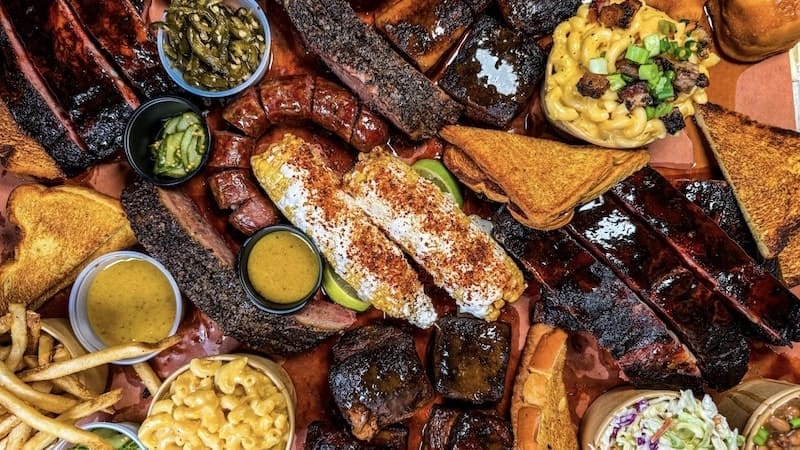
A BBQ platter is already iconic; we just gave ours that Dade County swagger. Big flavors, bold sides, and a whole lot of attitude. That’s Miami.
You’ve cultivated a ‘first-come-first-served’ culture, and peoplewaitfor this food. Why is preserving that part of the experience important to you?
We want everyone to have a fair shot at the full experience, and with BBQ, that means showing up early.
Reservations don’t work when food sells out. You can’t promise someone a 10 p.m. table if the brisket’s gone by 7 p.m. First-come-first-served is part of BBQ tradition. Just like we honor our Miami roots through flavor, we honor BBQ by sticking to what’s real: low and slow, no shortcuts, and everything fresh off the block.
It’s not about being exclusive. It’s about being authentic.
What’s been the most surprising reaction you’ve gotten from a guest?
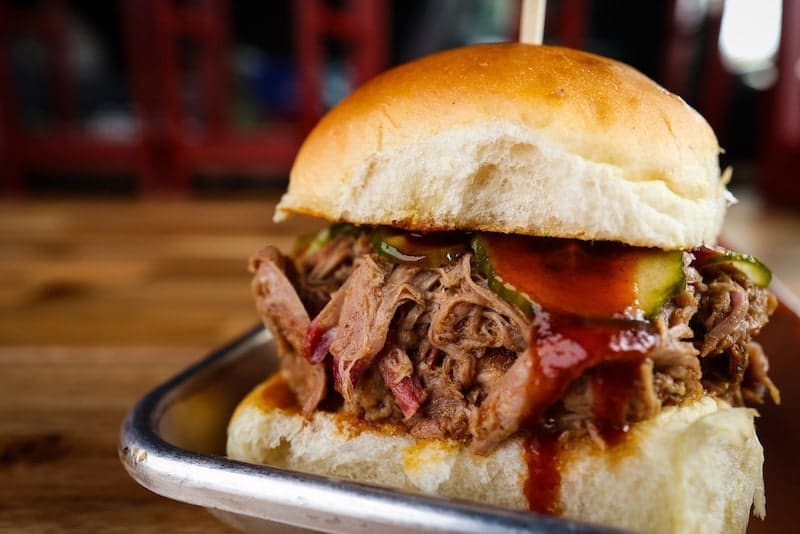
We’ve always known the food was good, that people loved it, and we were heading in the right direction. What we didn’t expect was how deeply it would impact people’s lives.
One day I was talking with a guest at the bar. The conversation got deep: we talked about our pasts, health, life stuff. I’m a two-time cancer survivor, and we connected on that. Then the chat shifted back to BBQ, and he asked when we’d put Dino ribs on the menu. I told him we were working on it, maybe a few months out. That’s when he paused, looked at me, and said he didn’t think he had that kind of time. He was stage four. His doctors had told him the end was near. He told me he’d chosen Apocalypse BBQ as one of his final meals because the food brought him comfort and joy.
That moment changed everything. It reminded me that we’re not just in the food business, we’re in the love business. We help people celebrate life’s highs, but we’re also there to hold space during the lows. What we do is bigger than just barbecue.
Favorite low-key Miami neighborhood spot most people don’t know about?
Tough question. Miami’s food scene is stacked. I’m going to cheat and give you a top 4.
For casual, big flavor, it’s Babe’s Meat & Counter all day.
For restaurants? It’s a three-way tie between Zits Zum, Boia De, and Walrus Rodeo. All of them are doing something bold, creative, and completely their own. That’s the kind of energy that makes Miami special.
If you weren’t cooking BBQ, what would you be doing?
For the first 30 years of my life, if you asked me what I was put on this earth to do, I would’ve said: tell stories. I worked in marketing for years because it let me do exactly that through film, photography, and branding.
But if I had to choose just one thing? Face to the fire, I’d be a wildlife photographer. Capturing moments in nature that tell their own story: raw, unfiltered, and real. Just like good BBQ.
What’s one ingredient or dish you can’t live without?
Salt. Hands down.
It’s the foundation of flavor. If that’s the only thing you’ve got, you can still make something incredibly delicious. Everything starts with salt. It’s simple, essential, and powerful.


